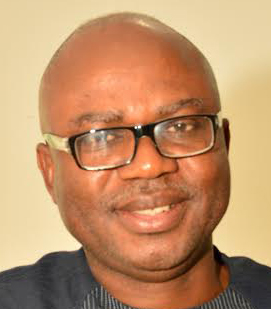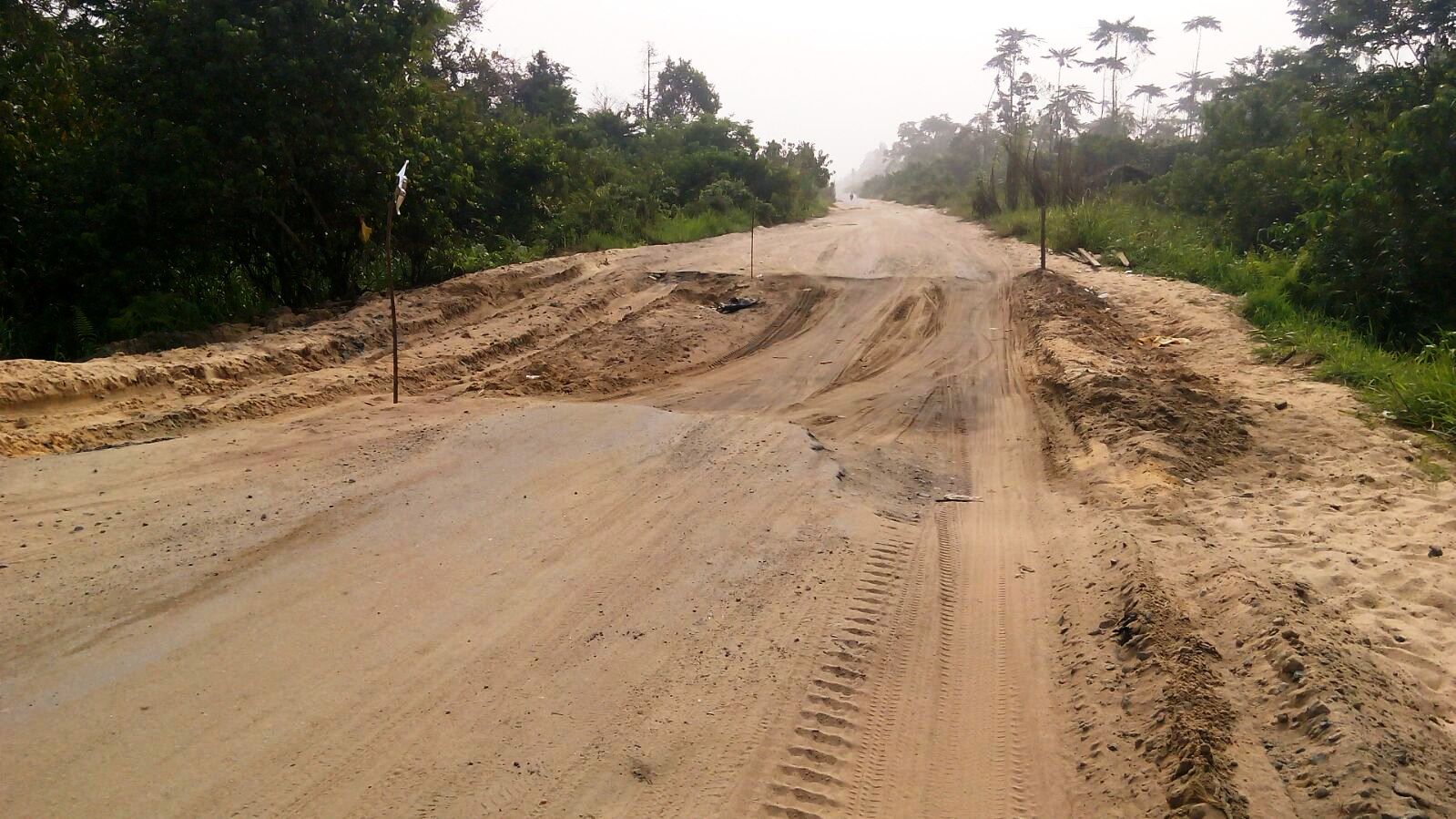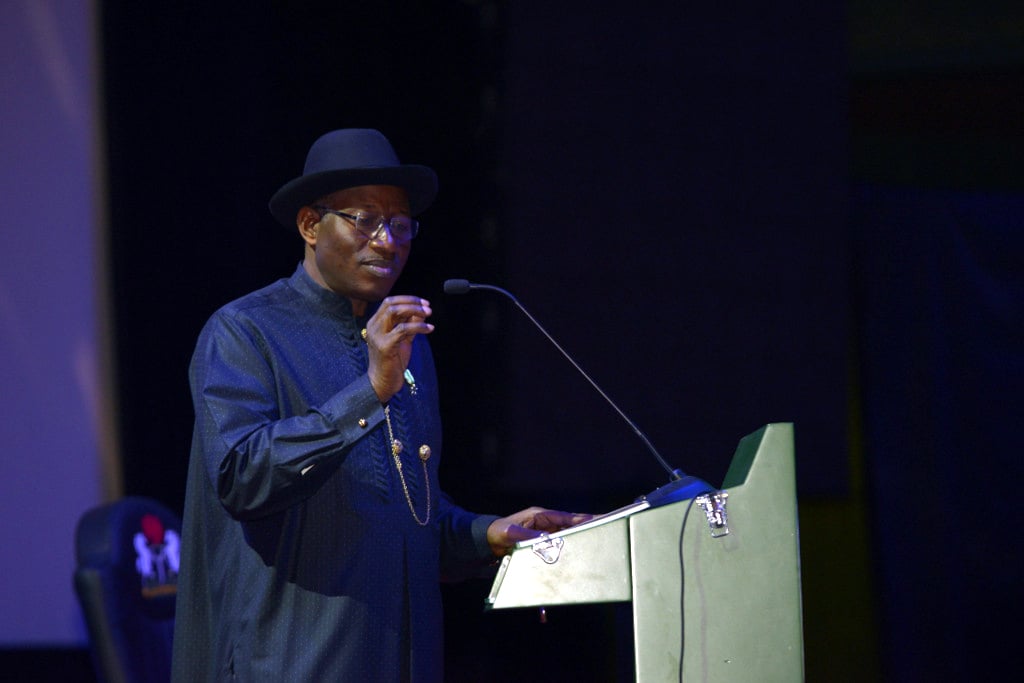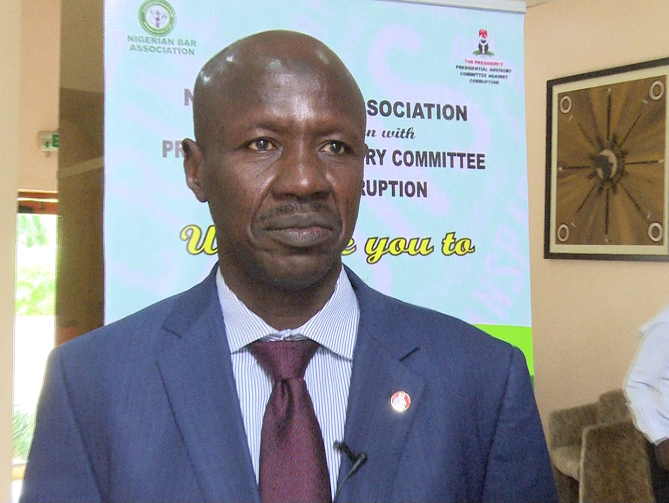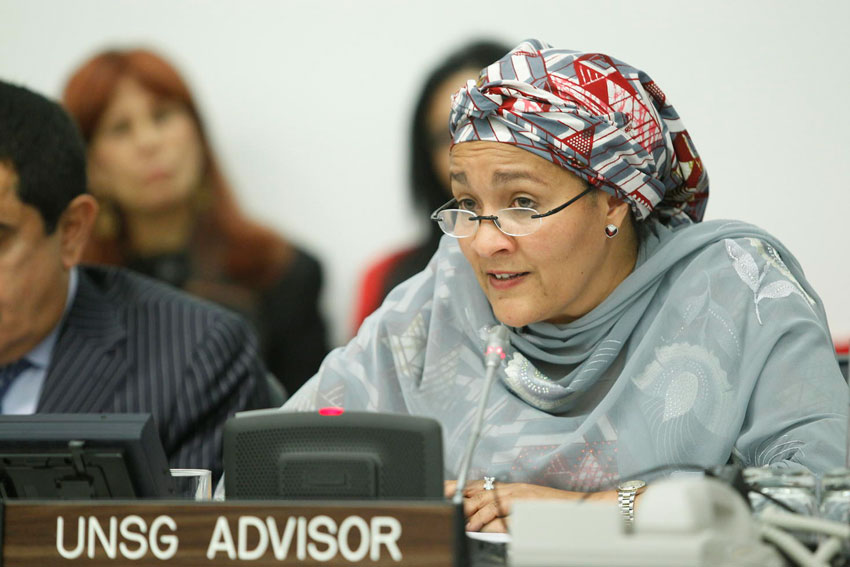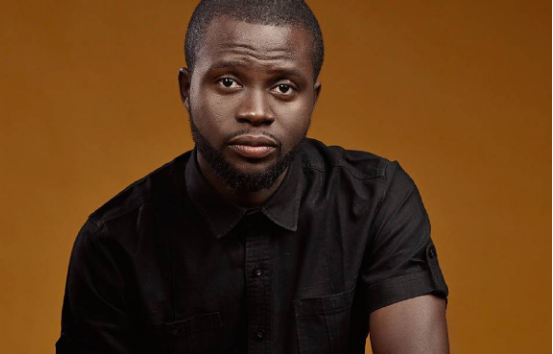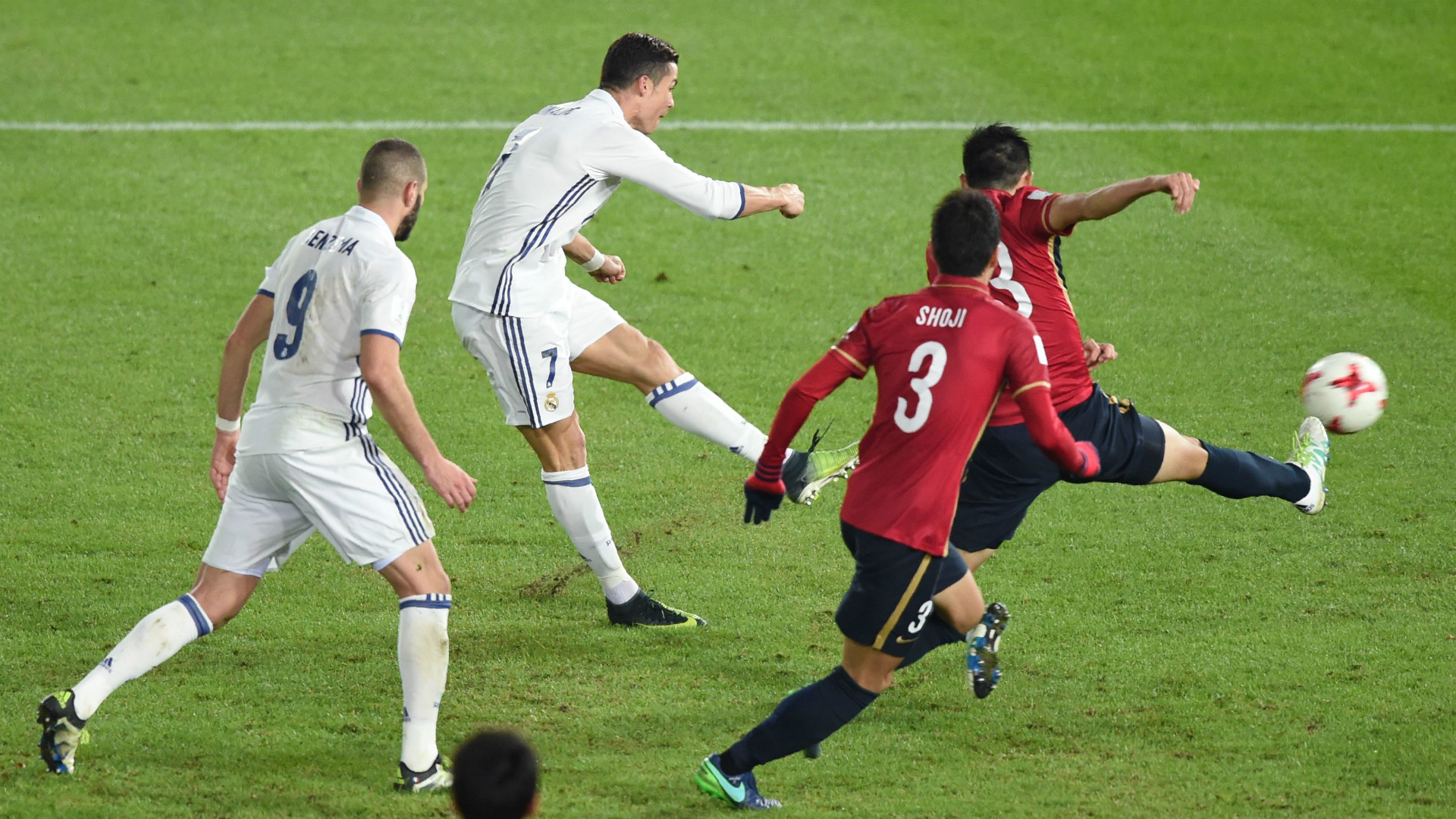Seven months after the 2016 budget was passed by the National Assembly – after much acrimony over padding and after what passed for debates – President Muhammadu Buhari has just presented the budget for 2017. Nobody knows what has been expended from the N6trillion budgeted for 2016. Across Nigeria are tales of anguish as the nation grapples with a deadly recession.
I feel a personal loss because I once had much expectation that Buhari would restore faith in the Black man. Now, it’s clear that we’ve seen the best of the Nigerian leader. Both in his budget address and his performance so far, I see nothing but hot air. It’s the same old story. There’s a budget of N7.28trillion much of which would be funded from oil revenues and loans. No hope on electricity or other infrastructure necessary for growing businesses and creating jobs. No original ideas about how to revamp education or even construct the right kind of education that we need in Africa. At the end of 2016, the only visible “achievement” is that salaries already eaten up by hyperinflation were paid. Where is the change promised?
In the well over a quarter-century I’ve been a media man, I’ve struggled to stop highlighting what’s wrong with Nigeria and dwell more on how to make Nigeria work. But the events we witness, read or hear about daily force us commentators to always see things from a negative perspective. There is no idea that can lift Nigeria or Africa up that hasn’t been canvassed in the pages of newspapers over the years. African leaders have simply remained deaf and blind to bright ideas.
Buhari of Nigeria is one of the stubborn leaders in Africa. Until August this year, when I apologised to my readers for leading them astray (with pro-Buhari sentiments), I had hoped that he would do something substantial to change the fate of Africa. But it has become clear that he has no policy to pursue even as Nigeria’s leader. I was ready to give him the benefit of the doubt until he presented his 2017 budget address on Wednesday. He has removed all doubts about his performance! On his watch, the nation’s economy entered into recession this year; it’s going into depression in 2017, I predict.
Advertisement
When you reflect on Africa and see no hope, you shudder at the life your children and grandchildren are going to live. And I wonder if the morons leading Africa do ponder the future of their progeny. Only fools believe that their children will always find comfort overseas. No, nature doesn’t work like that.
I’ve argued with a friend, who’s writing a book I’ll edit later, over the failure of African nations to achieve economic independence, half a century after attaining flag independence. After considering the Nigerian situation, I’ve come to the conclusion that, indeed, The Economist of London was right when it labelled Africa “the hopeless continent” in the 1990s.
With Barack Obama in the White House, our hope was that the Black man’s emancipation had come. Although he has performed very well – far better than most of 43 former United States presidents – Africa has gained little from his presidency. For all of eight years, Obama has not set foot on the Nigerian soil, yet Buhari hops onto the presidential jet each time there is an “opportunity” to visit America.
Advertisement
Where do we go from here? I’ve taken time out to reflect on the state of Black Africa. And I wonder if our leaders do likewise. It’s about time we sought out what’s wrong with the Black man. Why do Africans fail to fly while in Africa but soar in Europe or America? Why is electricity still a scarce commodity in most of Africa? Why do oil-rich nations like Nigeria import almost all of their fuel needs?
Obama himself has drummed these ideas into our leaders’ ears. Early in his presidency he stated as follows: Africa’s future belongs to its young people. The youth must become agents of positive change in the continent’s quest for peace, development and economic prosperity. The hopes of an “independence generation” have been betrayed and corruption has proved to be Africa’s enemy No. 1. What African nations need are strong institutions rather than strongmen.
Our economic difficulties will not be solved until our taste for foreign goods change, and we begin to make the things we need. Our education system must be one that produces job creators rather than jobseekers. Year in year out, I hear African leaders like Buhari sharing the same sentiments but without taking any step forward. What do we produce for the world to enjoy? Airplanes? Cars? Bicycles? Television? Radio? The internet? Even the oil we have is extracted with imported equipment.
My guess is that anyone waiting for Africa’s economic independence will wait a long time. So will anyone waiting to see a strong naira. Or a stable political system: Democracy or any form of it cannot thrive in a country where poverty and youth unemployment rule the roost. That’s why 3million Nigerians could fall victims to wonder banks and Ponzi schemes like MMM. Hard work no longer matters. Fake prophets and prosperity preachers dot the landscape, because superstition thrives only among the very poor.
Advertisement
As the year 2016 draws to an end, and President Buhari has moved into his 75th year on earth, I’ve nothing but best wishes for Nigeria and Nigerians. It seems to me, however, that Nigeria has failed. And if Nigeria has failed, Africa has failed.
The best of Buhari is not enough. He abhors corruption but has not divorced nepotism. And he is far from defeating corruption or insecurity. Now that everyone is in trouble (because of the collapsing economy), it’s no longer a matter of tribe or religion: poverty, hunger, joblessness and diseases know no tribe or religion.
Only a revolution can turn things around in Nigeria now. Nigeria must be restructured – and quickly too. We must design a system that will make it possible for people with ideas to lead us. Nigeria has many bright young people who are contented, enlightened, selfless and ready to lead.
Advertisement
Add a comment
